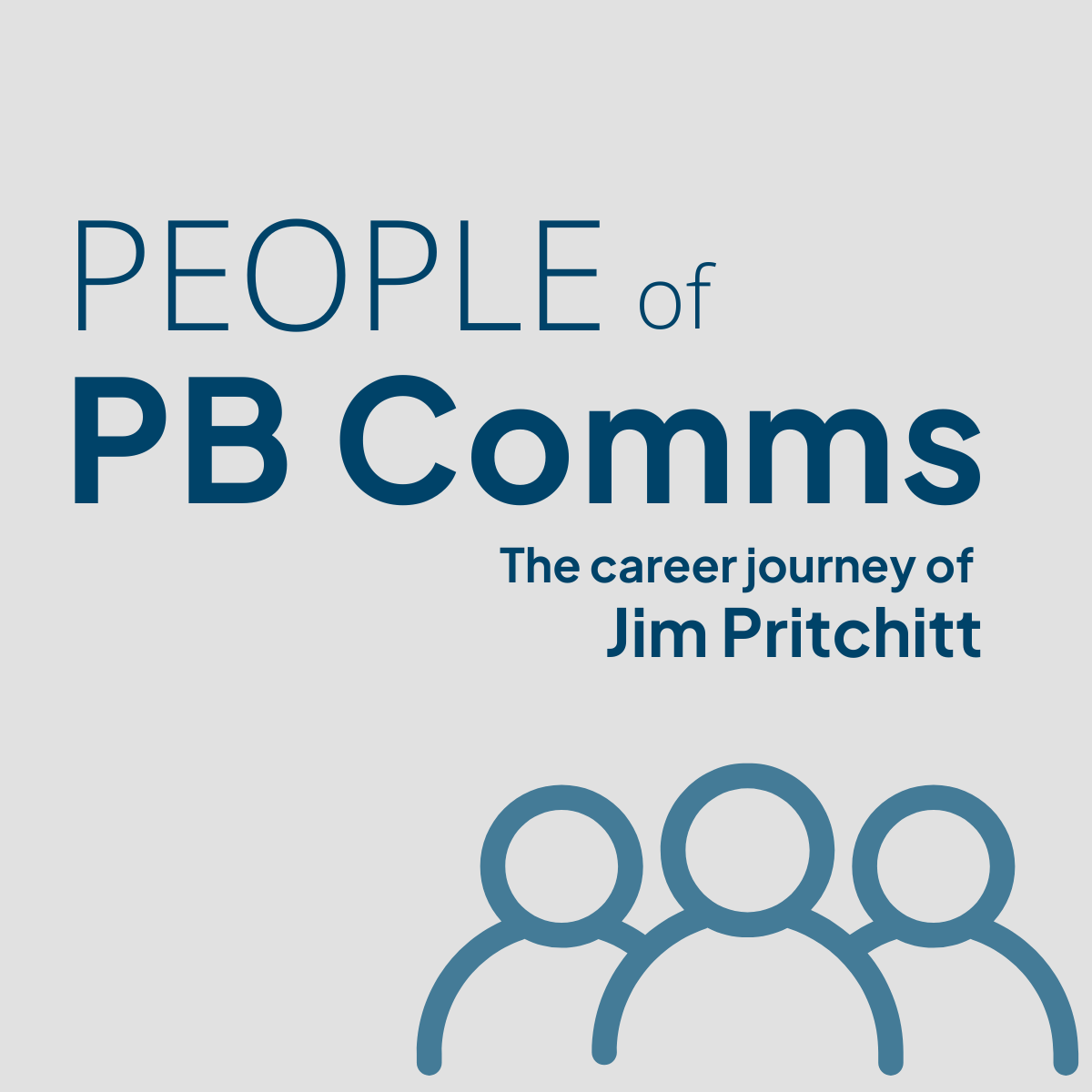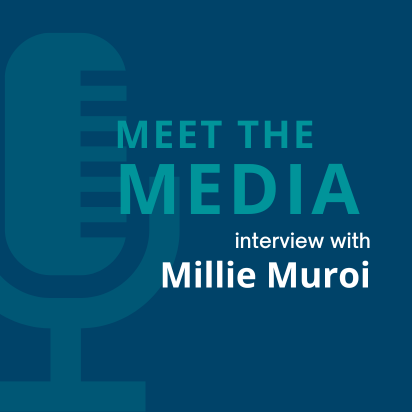We are often-asked how long a media release should be. Some suggest no more than a page, others say it can be up to three.
Our answer? As long as it needs to be.
Having spoken to several journalists over the years, including those who work in the PB Comms team, the common consensus is that there’s no ideal length.
One journalist preferred longer releases for news about research reports containing a lot of data and numbers. Another preferred shorter releases focusing on the highlights, allowing them to develop their own angle.
Another said they often found the real lead of the story halfway into the release – yikes!
One thing we can all agree on is that most journalists are time poor, and so PR professionals would be wise to send a release with the most important data at the top and the supporting information in the body of the email.
Of course, no media release should be a small booklet, and if there’s a lot of information that simply must be included, an alternative is to take this out of the release and use it as an appendix/ backgrounder or fact sheet to accompany it. This can also help with the flow and focus of a release.
All of this supports the view there is no right or wrong length for a release. What’s important are the fundamentals:
- Ensure the facts are presented well and not clouded by irrelevant opinion or incomprehensible jargon.
- The release focuses on information that is relevant to the reader, rather than the organisation
- And perhaps most importantly, the content needs to be newsworthy!
Back to basics
It’s important to have a media release that stands on its own and tells the full story. This comes back to the basics of understanding the purpose and fundamentals that make up a release. A media release should explain “who, what, when, where and why”, in a way that is clear and ordered.
The release needs to be written in a way that informs and is easily understood, and of course needs to be of interest to journalists and their audiences. Part of this is understanding what different publications, and different journalists within a publication, report on.
Never, ever follow up on a media release (unless there is a good reason)
I’m yet to meet a journalist that enjoys a follow up call asking the dreaded questions: “Did you get my press release? And are you going to use it?”
Indeed, many journalists list this as their most hated PR practice, which is why it is so surprising that it continues to happen so often. This suggests that many PR people (or their clients who insist on this) simply do not know their market. Making that phone call will not guarantee the story both client and consultant desire. Instead, it’ll annoy the journalist and could jeopardise future stories we pitch.
If a media release is considered good enough to be sent out, it must be good enough to stand on its own, without what one senior AFR journalist described to me as “breathless PR flunkies panting down the phone at you”.
So, what other media release no-nos do journalists nominate?
A missing spokesperson
A pet peeve for journalists is finding out that the person who is quoted in the media release is on holiday the day it is sent out, or generally can’t be contacted. Time the media release to make sure the person quoted is around and available to respond to media queries. If the person quoted won’t be available, make sure you have someone else who can respond in their absence.
Lack of urgency
After a release has gone out, the spokespeople quoted must appreciate the urgency to return calls or respond to emails from journalists before their editorial deadlines. If a spokesperson takes three or four days to respond, they should not be surprised that they’ve missed the opportunity.
A promotional advert
If you want to advertise your product or service, a media release is not the place to do it. Media releases are used to tell a story. One financial services publication has a “Wall of Shame” for such releases, and you don’t want to be remembered by media for that!
Off the record
“That’s all off the record, of course” are the words a journalist doesn’t want to hear at the end of any conversation, especially if that was not the expectation at the start of the conversation. Having a long and interesting discussion with an executive, only to be told at the end that they can’t use any of the information shared, will understandably annoy any journalist. Their time is just as valuable as yours – and arguably more so.



















